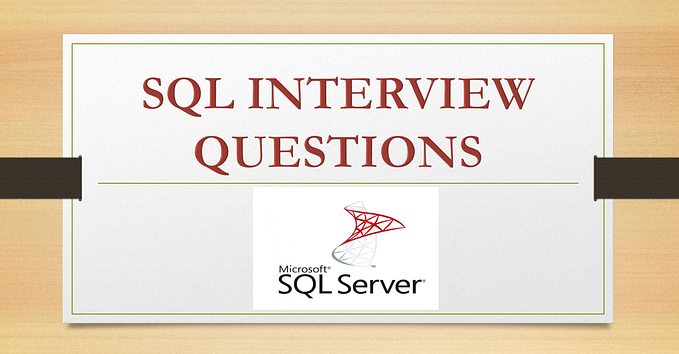Member-only story
Interview Questions — Azure Data Engineer — Real World Use Cases
Hey Guys! For a month I’ve been appearing for interviews and being a data engineer I’ve come across some questions which I have encountered in most of them. So if you are and aspiring data engineer or in fact an experience once I’m sure this blog will help you in one way or another. This blogs has a collection of Azure Data Factory Interview Questions, SQL Interview Questions for Data Engineer and covering some questions on Databricks.
Usually the interviewers starts with your introduction and project experiences and then based on that questions are asked. For a data engineer and to be more specific for an Azure Data Engineer you are expected to know the below technologies in most of the cases:
- Azure Data Factory
- Azure Databricks
- Azure Synapse
- Azure Logics App
- SQL
- Pyspark
Since, I had most of my experience in Azure Data Factory, I was asked more questions around Azure Data Factory, SQL, Python and some around Spark.
Questions
Let’s see some of the questions that I encountered in my interview:
- How to do an incremental load in ADF?
- What is data profiling?
- Difference between ETL and ELT?
- Difference between data lake and delta lake?








